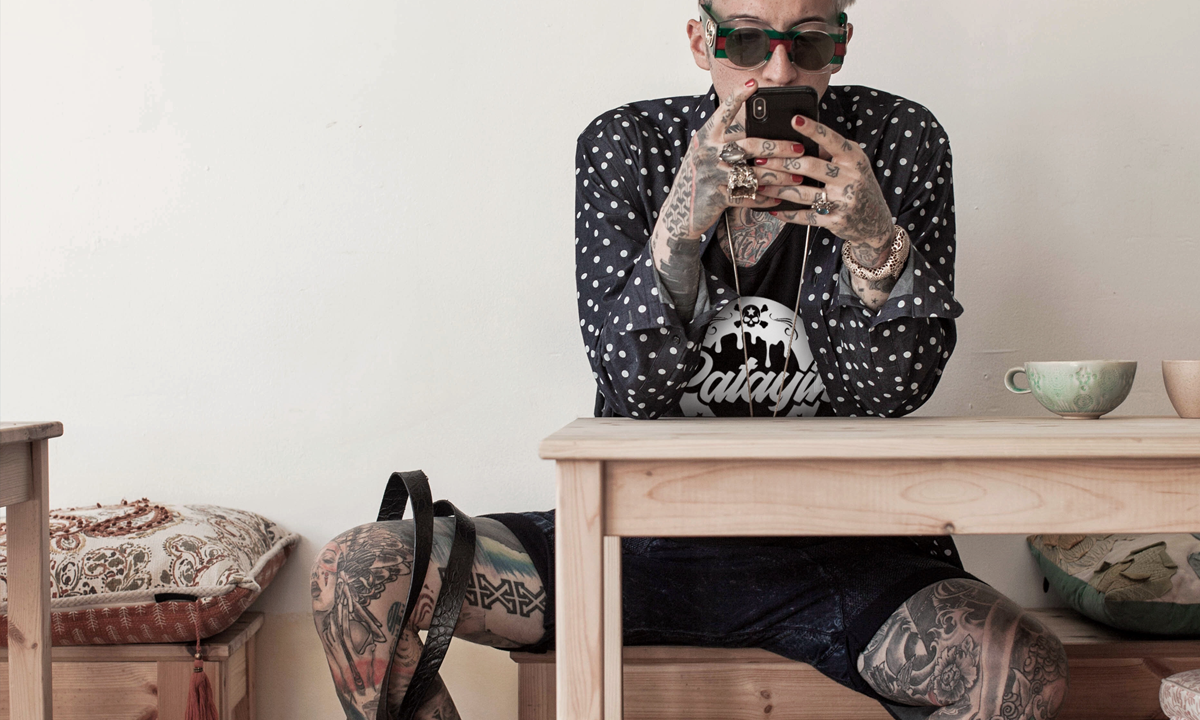Tattoos have been a part of human history for thousands of years, with evidence of tattooed mummies dating back to ancient Egypt. Despite this long-standing tradition, tattoos and the people who wear them have often been subjected to negative stereotypes and unfair labels.
One common negative viewpoint is that tattoos are a sign of criminality or deviance. This stereotype is perpetuated by media portrayals of tattooed characters as rough and dangerous, and by the association of tattoos with prison culture. However, the reality is that most people who get tattoos are law-abiding citizens who simply enjoy expressing themselves through body art. In fact, many professionals, including doctors, lawyers, and teachers, have tattoos.
Another unfair label often placed on tattooed individuals is that they are unprofessional or lacking in ambition. This stereotype assumes that people with tattoos are less intelligent or competent than those without, and that their tattoos somehow reflect a lack of dedication to their careers. However, many successful professionals, including entrepreneurs, CEOs, and artists, have tattoos. In fact, tattoos are increasingly being accepted in the workplace as a form of self-expression.
A third negative viewpoint towards tattoos is that they are a form of self-harm or self-mutilation. This assumption is based on the belief that tattoos are painful and permanent, and therefore indicate a desire for pain or a lack of concern for one’s own well-being. However, the reality is that many people get tattoos as a way of celebrating their bodies and expressing their individuality. The pain of the tattooing process is often seen as a small price to pay for a meaningful and lasting piece of art.
In addition to these negative viewpoints, tattooed individuals are also often subjected to unfair stereotypes based on their appearance. They may be seen as rebellious, promiscuous, or aggressive simply because of their tattoos. These labels are not only unfair, but they also contribute to a broader culture of prejudice and discrimination.
In conclusion, the negative viewpoints, stereotypes, and labels often placed on tattooed individuals are unfair, untrue, and cast a bad light on those who believe in the art and expression of tattoos. It’s time to break free from these outdated stereotypes and recognize that tattoos are a legitimate form of self-expression that can be enjoyed by people from all walks of life.




